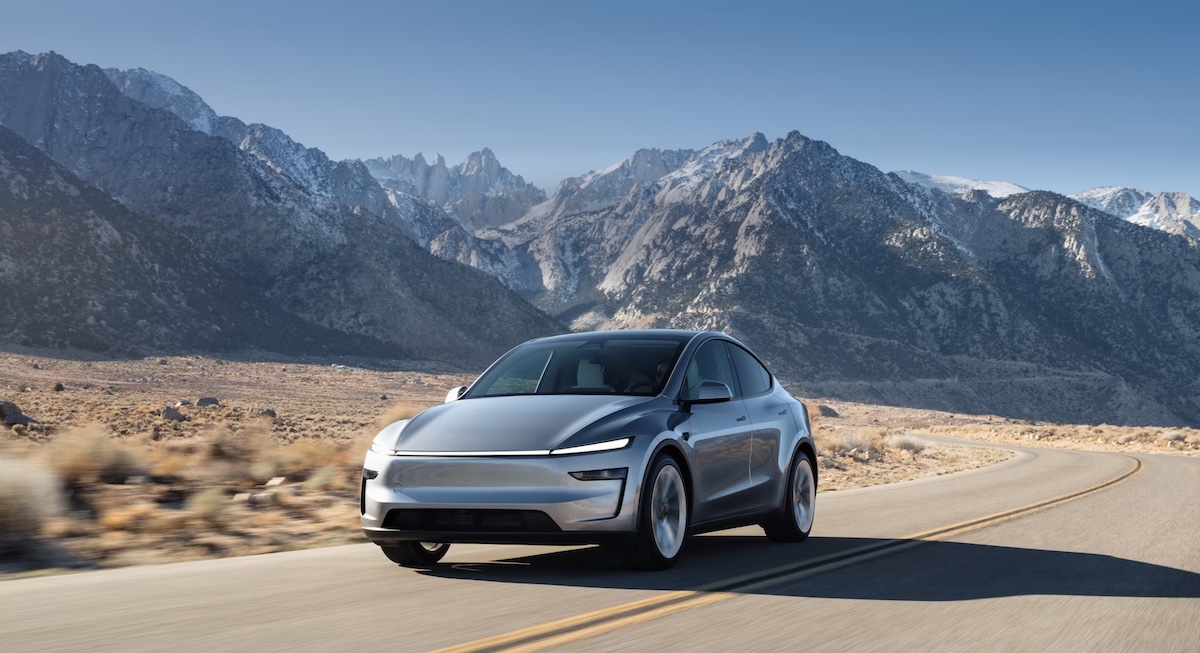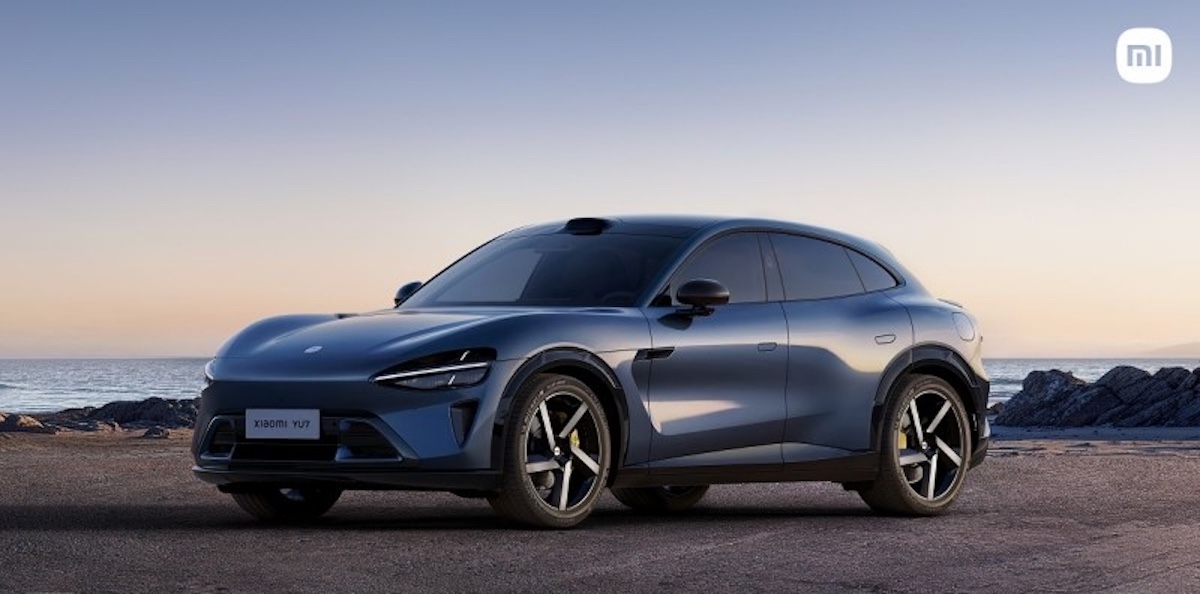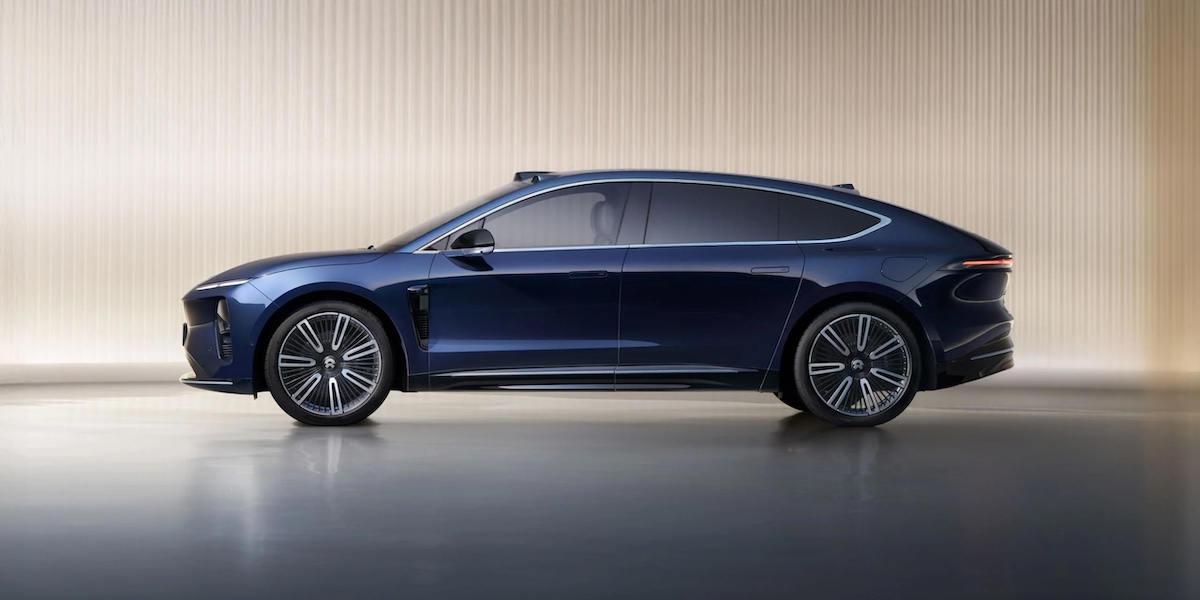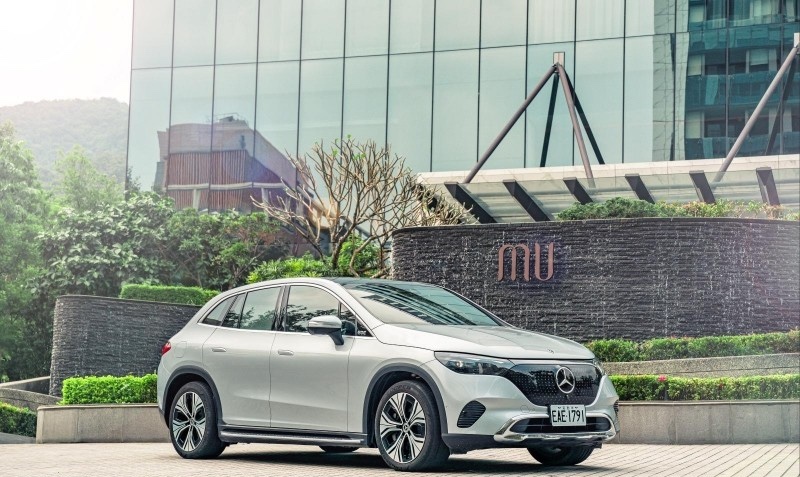Pedro Pacheco, Gartner’s Vice President of Research, pointed out that most legacy automakers have not demonstrated significant internal transformation in leadership and corporate culture, nor have they achieved major breakthroughs in the software-defined aspects of their products. The assessment covered 24 automakers, evaluating whether companies prioritize software as a core focus and how advanced their vehicle technology is in software-driven domains, with particular emphasis on their ability to monetize software.

The top three positions in the 2025 index were claimed by Tesla, Nio, and Xiaomi, in that order. Tesla secured the top spot for the third consecutive year, raising its score from 77% to 79%, and earned the highest marks in the “culture and leadership” category. Gartner highlighted that Tesla CEO Elon Musk’s deep technology expertise gives the company a natural advantage in building profitable software business models.

Chinese EV manufacturer Nio climbed to second place with a strong technical performance, boosting its score to 77%. Its flagship electric sedan, the ET9, was the only vehicle to achieve Level 5 in S&P’s Software-Defined Vehicle Capability Framework, representing the industry’s pinnacle in vehicle software platforms. Like Elon Musk, Nio CEO William Li was highly praised for his technical background and ability to monetize the company’s software.

Xiaomi, a newcomer to the automotive sector, entered the top three for the first time this year, demonstrating the potential of integrating consumer electronics expertise with vehicle software. Regionally, Chinese automakers performed best overall, with their combined score rising from 49% to 53%. U.S. automakers also made modest gains, improving from 49% to 50%. In contrast, European automakers dropped to 33%, their worst result in three years, reflecting a clear lag in digital transformation progress.

As vehicles become increasingly software-driven, feature-enabled by subscription models, and integrated into broader ecosystems, an automaker’s ability to rapidly execute cultural and organizational transformation will directly determine its future competitiveness. Gartner’s analysis shows that companies embedding digital expertise at the leadership level and positioning software as a core business model are widening the gap with traditional players. In the coming years, legacy automakers will need to accelerate progress in both product technology and corporate culture to remain competitive in the race for digital transformation and prevent emerging forces such as Tesla, Nio, and Xiaomi from seizing market dominance.